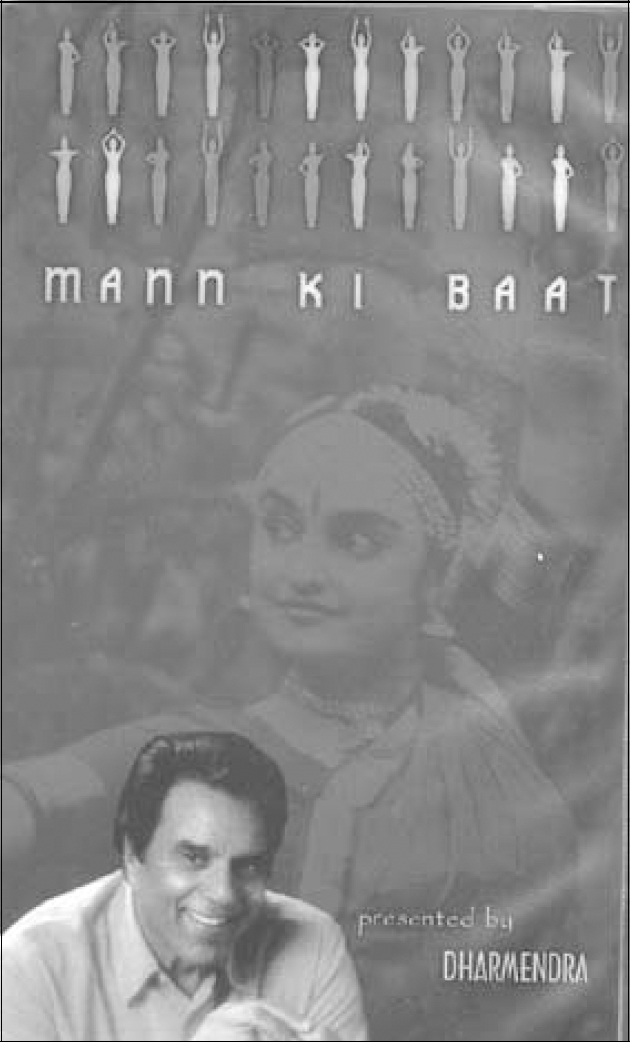Mann ki Baat or “talking about the mind” is the first of a series of productions aiming to address a range of mental health issues relevant to the Asian community. Dharmendra, a Bollywood star, presents the topic in Hindi, supported by English subtitles. The videotape is also available in Urdu, Hindi, Punjabi, Gujerati and Bengali.

The videotape features five ‘real’ users who take the viewer through their very own journeys of mental illness and recovery. A range of aetiological factors, relevant to depression and psychosis, are presented. It conveys positive messages that one should not suffer silently, but approach services and seek help through the pursuit of pharmacological treatments, counselling and informally through prayer and support. Individual and group rehabilitation activities consistent with what may be acceptable to the Asian patient are highlighted. Sadly the presentation loses its balanced approach to treatment when the presenter advocates viewers to take up exercise, yoga, prayer, etc., which he proposes could have a better impact than medication. Depression gets more coverage, with psychosis not receiving as much attention. I couldn't help thinking that depicting only three users might have allowed the opportunity to develop the themes more comprehensively. The videotape ends with a message of goodwill and blessings, which seemed unnecessary.
The videotape is easy to watch. It is well-presented against a backdrop of classical dance and music, which is soothing and allows for time to reflect. It can serve as a useful health education tool for potential users and their carers. A range of primary care providers or mental health services could loan copies to families/individuals for viewing. It may also be usefully screened to groups by facilitators to raise awareness and deal with stigma. The videotape may have limited training value for service providers, especially in raising their awareness of the relevance of spiritual contributions to the process of healing.
The accompanying information booklet provides a useful directory of Asian Mental Health Service providers in the UK.



eLetters
No eLetters have been published for this article.